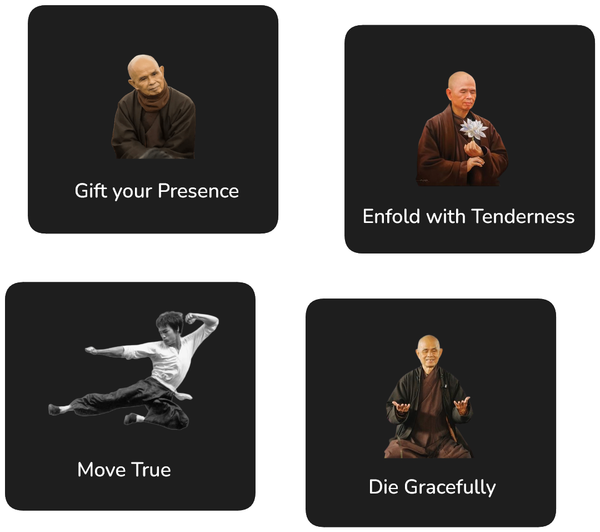Memory, Mindfulness and Imagination

I've already written about what I understand to be the benefits of having a better memory in the modern world. These were namely to aid us in our thinking and to help put things into a shape and form that makes it easy for others to remember.
Now, after having contemplated this for a bit longer, I realised that there may be other benefits that I have previously missed. Specifically, I am thinking that an improved memory can also help us to be more mindful and help unleash the benefits of our imagination.
Mindfulness
The basic idea of mindfulness is that we really become aware of what we perceive with our senses as well as becoming aware of our inner thoughts and feelings. It is argued in Buddhism that in order to become wise, to gain insight and to gain enlightenment, we need to we need to be mindful of things. Otherwise we would be living in a mindless way and not like a living, breathing, thinking, human being. Without mindfulness, we are not living our life to its fullest potential because we may not notice the beauty of the word and things that can give us inspiration and insight. If we are not mindful, so many opportunities may pass by us to experience something good, to feel something good because we are not aware of what we experience.
I think that training our memory can help us to be more mindful, since if we aim to remember something, we need to focus on it more. We need to understand its nature. We need to categorise. We need to divide and analyse.
So, for instance, when reading a book, if we are not really mindful of the contents of the book or the feelings that these contents evoke in us, then we may be missing out on much of what we can learn from that book.
If we approach reading that book from the perspective that we want to retain as much as possible of what we read in our memory, and especially if we want to retain what we deem the most important to us, then we change the way we are reading.
We will always be on the lookout for what is important. We will always need to think about what we want to remember? And when we found and identified something that we want to remember, then we need to think about how we can remember it better. This, I think, will give us a much deeper engagement with the content that we are reading.

Gibbon by blende12
Imagination
The second advantage is that training our memory helps train our imagination. I think we all agree that imagination is something good, something to be desired and also something that we see as a unique human strength.
However, we experience imagination these days mostly as imaginations of others. We watch movies, we read stories, we look at art that is created, but we seldom engage our imagination to create something new and unique to us. Imagination, like most mental capacities, can be trained and grow more potent with frequent use; or diminished if not practiced.
We do not use our imagination very often, which is unfortunate since it is such a natural thing for us to do. If we imagine our ancestors in earlier times, they would have their imagination engaged so much more frequently: to imbue the world with stories and meanings that come from their own making or originate from the oral stories of others. They could not go to a cinema where they could experience polished creations of others composed into an easily digestible form.
I think training our memory can help us overcome the absence of imagination in our modern world, since at the heart of many memory techniques is the idea that we need to visualise things, that we need to compose mental images and establish connections between things in creative ways.
One of the tenants that is often repeated in this context is that we forget what we hear or what we read, but we remember what we see; and we can transform things that we hear into things that we can see using the power of imagination.
We may, of course, ask what is the point of imagination? It is definitely useful if you are a director or writer of scripts for Hollywood movies. But what is the point of it for a someone outside the creative industries? Mindfulness as I agured helps us to unlock the beauty of what is around in the world and I think imagination helps us to unlock the beauty of what is buried within us, helps us unlock the beauty of what is never to be seen. Since what exists in the material world can only give us that much explanation of why we exist, of why we deserve to be happy, of why we deserve to live and what we should do with our lives.
Humans for millennials have used imagination to explore these questions, to enrich our word with spiritual and mystical meaning. And I believe that if we become better at using our imagination, we may can find more warmness and meaning in our lives - just like humans have done ever since we became way too smart for our own good.

Ganesha by Devanath
Featured image by marcelkessler.





